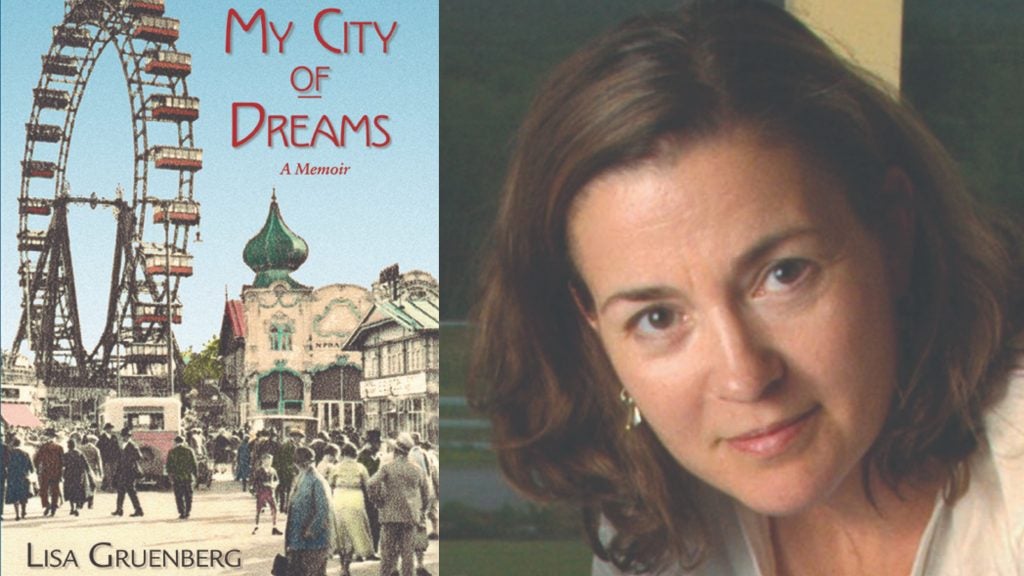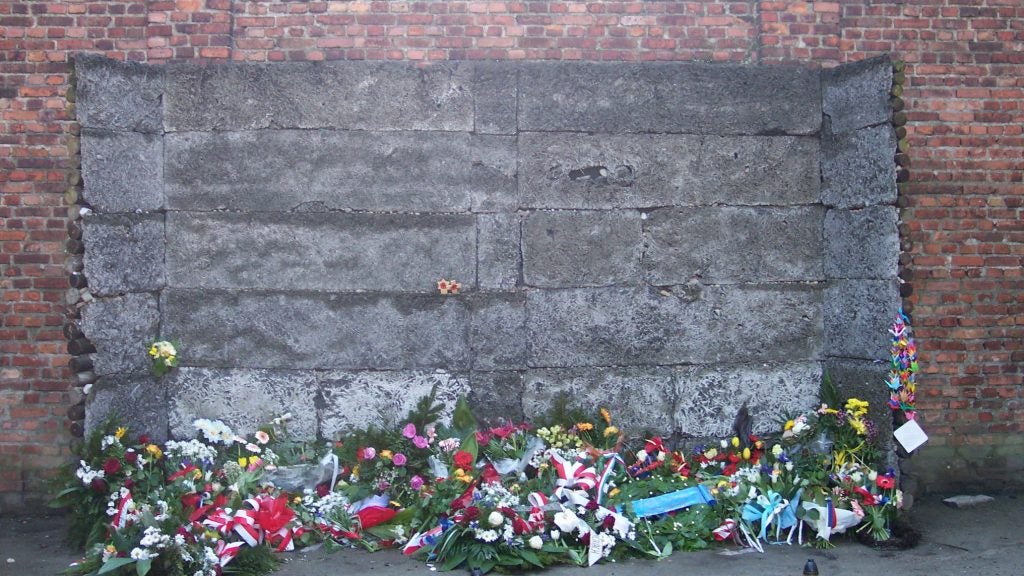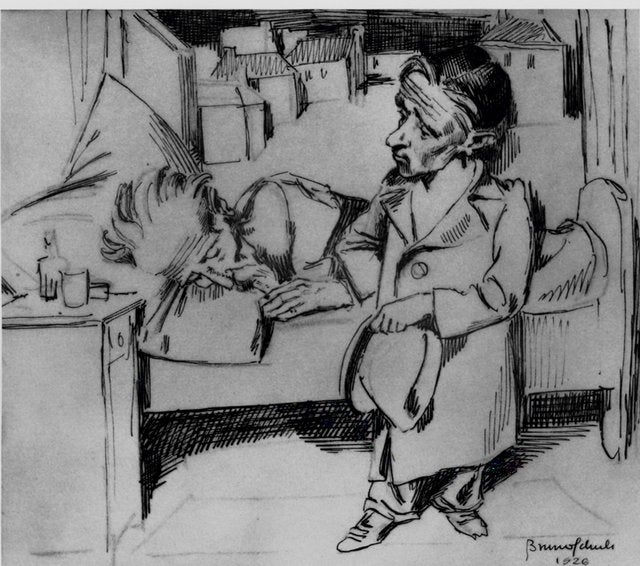Speaking Suddenly In German: A Review of Dr. Lisa Gruenberg’s “My City of Dreams”
Harry Gruenberg’s twisted tale becomes interwoven with that of Lisa and his family, told with fragments of song, personal letters, primary source materials, photographs, family dramas, scenes, stories, fantasies, and dreams that gain their own narrative force.
Speaking Suddenly In German: A Review of Dr. Lisa Gruenberg’s “My City of Dreams” Read More »
Harry Gruenberg’s twisted tale becomes interwoven with that of Lisa and his family, told with fragments of song, personal letters, primary source materials, photographs, family dramas, scenes, stories, fantasies, and dreams that gain their own narrative force.








